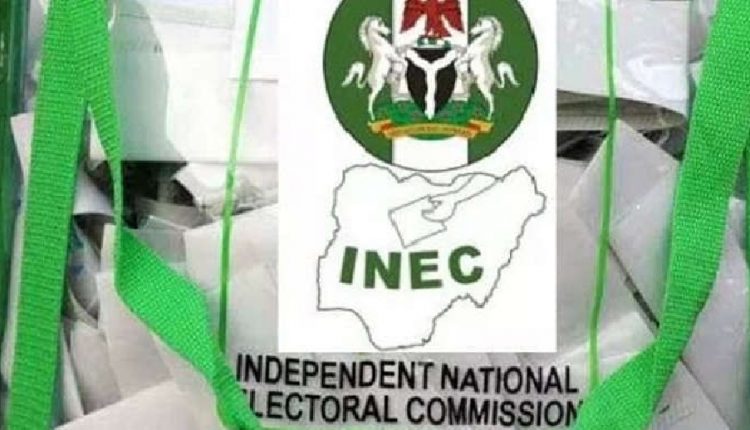The European Union (EU) has been reassured by the Independent National Electoral Commission (INEC) that although some of its recommendations following the general election in 2023 have been put into practice, others are being addressed by the different parties involved.
The European Union, or EU, Election Observation Follow-up Mission to Nigeria met with INEC Chairman Prof. Mahmood Yakubu in Abuja on Thursday.
Mr. Barry Andrews, the head of the EU Election Observation Follow-up Mission and a member of the European Parliament, led the team in Abuja on Thursday.
The Team Lead, Mr. Gautier Mignot, the EU Ambassador to Nigeria, and other Follow-up Mission experts were also present.
Basically, the purpose of the conference was to keep an eye on how the EU’s proposals were being implemented halfway between the previous general election and the one that is coming up.
Eleven of the EU EOM’s thirty proposals from 2019 were expressly directed at INEC, according to Yakubu.
According to him, eight of the proposals were classified as general, while three were designated as priorities.
According to the head of INEC, the EU/EOM offered 23 suggestions in 2023, of which 8 (34.8%) call for the Commission to take action. Of these, only one item was designated as a priority.
He said that the remaining 15 (65.2%) recommendations, five of which were deemed priority, call for action from political parties, civil society organizations, the media, and professional associations, among other branches of the executive, legislative, and judicial branches.
“All eight recommendations specifically addressed to us in your report have been carefully considered by the Commission,” he stated.
Aspects of the recommendations that can be implemented administratively alone have already been addressed.
In a similar vein, while awaiting the outcome of the National Assembly’s continuing legal analysis of the proposals that call for legislative intervention, action is being taken on cross-cutting suggestions that call for cooperation between INEC and other organizations and stakeholders.
Therefore, in order to address all of your direct observations, the Commission has prepared a thorough answer, which we presented to you during this meeting. We can review each of the suggestions if time allows.
“I should also mention that during our own study of the 2023 General Election, we held extensive talks with important institutions and stakeholders regarding your recommendations and comparable findings from other national and international election observers.
There are 142 suggestions for election reform in the review report. Furthermore, the Commission released our primary report on the 2023 General Election more than a year ago. You can get the two reports on our website.
Elections are a legally controlled procedure, as you are aware. Our electoral rules need to be reviewed in order to implement many of your proposals. In order to address this, the Commission held a retreat with the Joint Committee on Electoral Matters (Senate and House of Representatives) and spoke with our National Assembly. We request that the National Assembly give the election reform proposal prompt consideration.
“Our electoral preparations depend on the law being passed as soon as possible. As the election approaches, the Commission’s work may become uneasy due to uncertainty surrounding the election’s legal structure.
“We anticipate the upcoming EU EOM for the General Election in 2027. As you are aware, the Commission invites foreign Election Observation Missions to be sent out. I would want to reassure you that we will keep communicating with you. Invitations to the 2027 General Election will be sent out shortly by the Commission to the EU, Commonwealth, African Union, and ECOWAS.
“We are confident that the suggestions you made after observing our election and electoral process will contribute to raising the standard of our elections and electoral activities.”

